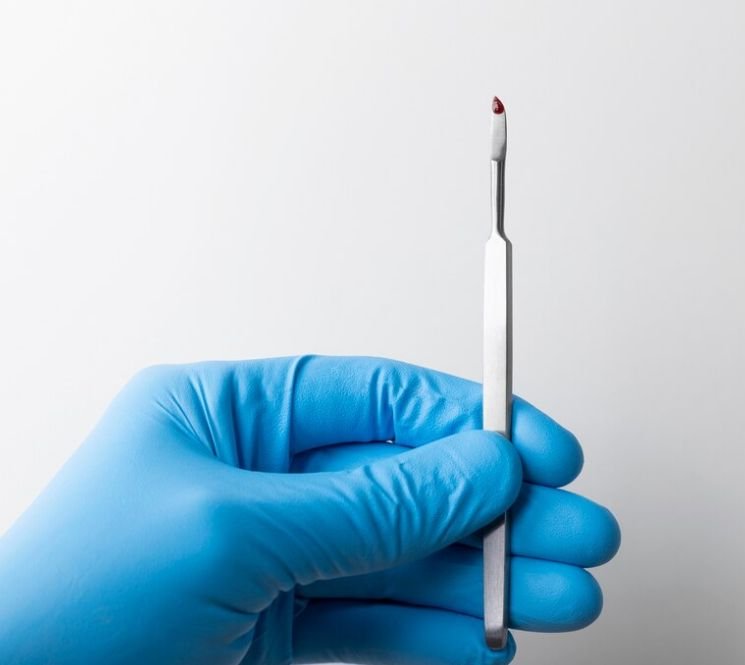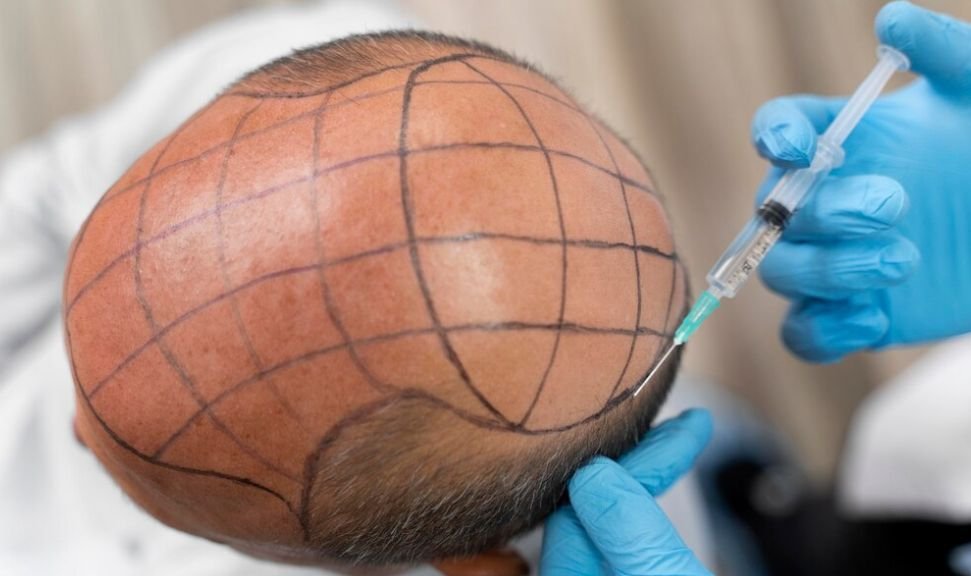Post-Hair Transplant Diet: Essential Foods for Faster Healing and Optimal Hair Growth
A hair transplant is a life-changing procedure, but its success depends heavily on postoperative care, including your diet. Proper nutrition can accelerate healing, reduce inflammation, and promote the growth of healthy hair follicles. This guide outlines the ideal foods to consume after a hair transplant, the nutrients they provide, and dietary practices to avoid for optimal recovery.


Why Is Diet Important After a Hair Transplant?
The body requires specific nutrients to repair tissues and stimulate hair growth following a transplant. Nutritional deficiencies can hinder recovery and compromise the quality of the transplanted hair. Proteins, vitamins, minerals, and healthy fats are essential for reducing inflammation, boosting blood circulation, and supporting scalp health. A well-balanced diet tailored to these needs can significantly enhance the outcomes of your procedure (1,2).


Key Nutrients for Recovery
1. Protein
Proteins are the building blocks of tissues, including hair. They support wound healing and keratin production, which is crucial for strong hair strands.
- Sources: Eggs, chicken, turkey, fish (e.g., salmon), tofu, lentils, beans, and low-fat dairy products (3).
2. Omega-3 Fatty Acids
Omega-3s have anti-inflammatory properties that improve scalp health and promote follicle growth.
- Sources: Fatty fish (e.g., mackerel), walnuts, flaxseeds, chia seeds, and avocados (4).
3. Vitamins
- Vitamin A: Aids in cell regeneration and keeps the scalp moisturised.
- Sources: Sweet potatoes, carrots, spinach (5).
- Vitamin C: Enhances collagen production for skin repair and boosts iron absorption.
- Sources: Oranges, strawberries, bell peppers (6).
- Vitamin E: Protects cells from oxidative damage and aids wound healing.
- Sources: Almonds, sunflower seeds (7).
- B Vitamins (Biotin): Strengthen hair follicles and improve overall hair health.
- Sources: Eggs, nuts (e.g., almonds), bananas (8).
- Vitamin D: Essential for activating dormant hair follicles.
- Sources: Fortified dairy products, fatty fish (e.g., salmon), sunlight exposure (9).
4. Iron
Iron enhances oxygen delivery to the scalp by improving blood flow to the follicles.
- Sources: Spinach, red meat, lentils, fortified cereals (10).
5. Zinc
Zinc accelerates wound healing and strengthens hair follicles.
- Sources: Chickpeas, pumpkin seeds, eggs (11).
6. Antioxidants
Antioxidants protect newly transplanted follicles from oxidative stress caused by free radicals.
- Sources: Blueberries, green tea, kale (12).
7. Hydration
Proper hydration ensures nutrient delivery to the scalp and maintains skin elasticity during recovery.

Foods to Prioritise
|
Food Group |
Examples |
|
Fruits |
Apples (Annurca variety), berries (blueberries), oranges |
|
Vegetables |
Spinach, broccoli, sweet potatoes |
|
Whole Grains |
Brown rice, quinoa |
|
Protein Sources |
Eggs, chicken breast, lean red meat |
|
Healthy Fats |
Avocados, olive oil |
|
Nuts & Seeds |
Walnuts, chia seeds |
|
Dairy |
Greek yogurt (low-fat or lactose-free) |
Foods to Avoid
Certain foods can impede recovery or negatively affect hair growth:
- Processed Foods: High in trans fats and low in nutrients; they can slow tissue repair (13).
- Sugary Foods: Excess sugar promotes inflammation that may delay healing (14).
- High-Fat Dairy Products: May elevate testosterone levels associated with hair thinning in some individuals (15).
- Alcohol: Dehydrates the body and impairs nutrient absorption during recovery (16).
- Excessive Caffeine: Can interfere with hydration if consumed in large quantities (17).
Sample Postoperative Meal Plan
- Breakfast: Scrambled eggs with spinach on whole-grain toast; fresh orange juice.
- Snack: A handful of almonds or walnuts; green tea.
- Lunch: Grilled salmon with quinoa and steamed broccoli.
- Snack: Greek yogurt with blueberries.
- Dinner: Grilled chicken breast with roasted sweet potatoes and an avocado salad.
- Hydration Goal: At least 2–3 litres of water daily.
Conclusion
A nutrient-rich diet is vital for recovering from a hair transplant while ensuring healthy follicle growth. By consuming foods rich in proteins, vitamins such as B-complex and D, omega-3 fatty acids, iron, zinc, antioxidants—and staying hydrated—you can optimise your results post-surgery. Avoid processed foods and alcohol to prevent complications during recovery.
For personalised dietary advice based on your medical history or lifestyle preferences (e.g., vegan diets), consult a healthcare professional or nutritionist.

References
- Civas Hair Transplant Clinic [Internet]. Best Diet After Hair Transplant; 2024 [cited 2025 Jan 4].
- Esteworld Turkey [Internet]. The Impact of Diet on Hair Transplant Success; 2024 [cited 2025 Jan 4].
- Dr Serkan Aygin Clinic [Internet]. What To Eat After Hair Transplant; 2024 [cited 2025 Jan 4].
- Foley KM et al., Improving palliative care for cancer [Internet]. Washington D.C.: National Academy Press; 2001 [cited 2025 Jan 4].
Blog
Alcohol and Hair Loss: Unveiling the Connection
Alcohol and Hair Loss: Unveiling the LinkHair loss is a widespread issue that affects millions of people globally, causing significant emotional and psychological distress. While genetic predisposition, hormonal changes, and medical conditions are well-established...
Can Red Light Therapy Reverse Hair Loss? A Scientific Perspective
Can Red Light Therapy Reverse Hair Loss? A Scientific PerspectiveHair loss is a widespread concern, affecting individuals across genders and age groups. With advancements in non-invasive treatments, red light therapy (RLT), also known as low-level laser therapy...
Your Needs, Our Solutions: Addressing Hair Loss with Cure & Travel
Your Needs, Our Solutions: Addressing Hair Loss with Cure & Travel Hair loss can be a distressing experience for many people, whether it's due to environmental factors, lifestyle choices, or genetics. At Cure & Travel, based in London, we understand the...






